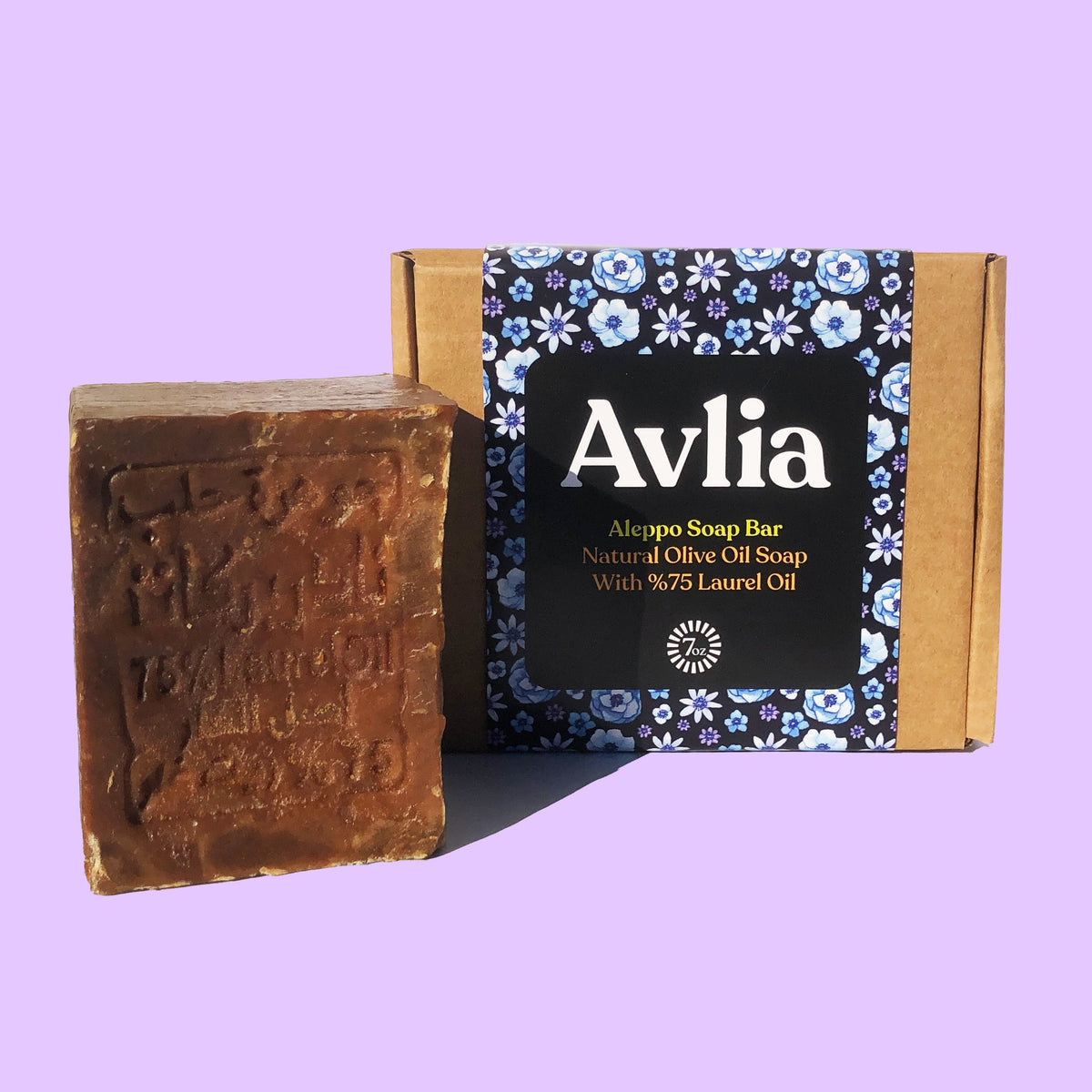Aleppo soap traces its roots to the ancient city of Aleppo, Syria, which was once a hub of trade on the Silk Road. Historians believe it is the world’s first hard soap, predating the popular Castile soap of Spain.
Ancient Beginnings
The earliest versions of Aleppo soap were made using olive oil harvested from the surrounding Mediterranean regions and laurel oil extracted from bay laurel berries. These were combined with lye derived from wood ash and water.
By the 8th century, Aleppo soap production was an established craft. The recipe was later brought to Europe during the Crusades, influencing soap-making in France, Italy, and Spain.
Symbol of Prestige
In medieval times, Aleppo soap was considered a luxury item. It was gifted to royalty and traded as a precious commodity. The laurel oil, in particular, was costly due to its limited seasonal harvest.
Modern Continuation
Today, despite political and economic challenges in Syria, traditional Aleppo soap-making has survived thanks to artisans who preserve the craft. Brands like Avlia maintain this heritage by sourcing authentic, natural ingredients and respecting the original method.



